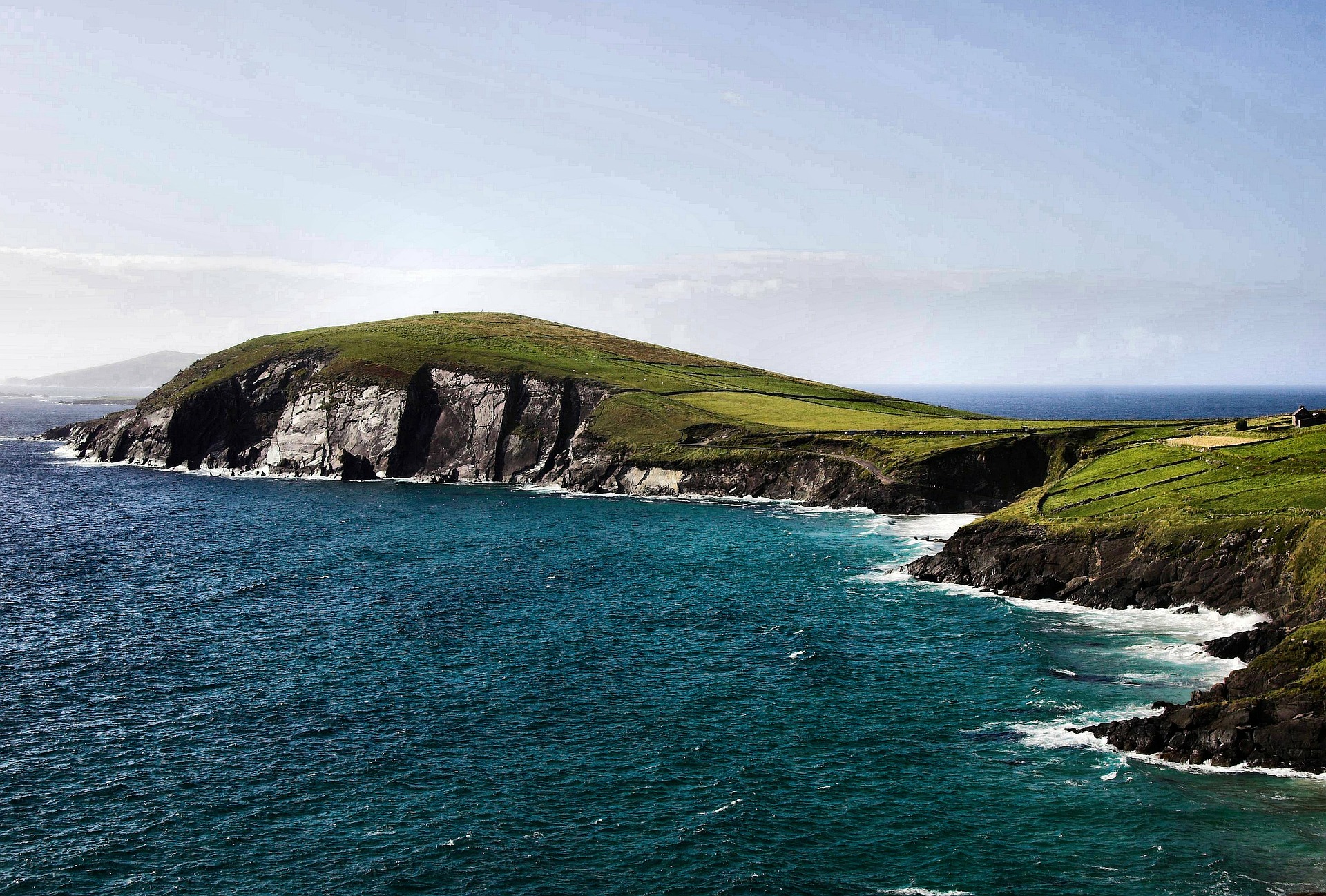It is referred to as the “Green Island”, it is famous for its brilliant beer, sheep, clover, great spaces, castles, and the second most commonly used language is of course Polish … You could exchange it without the end, but that’s not the point, is it? We invite you to Ireland!
Ireland is a country that certainly needs no introduction, after all, the second most-spoken language is of course our beautiful Polish. So we want to look at her from a slightly different angle. We have prepared some interesting facts for you, which hardly anyone knows, and at the same time will make you love him even more 🙂
1. NAME
The historical Latin name of Ireland, given by the Romans, was Hibernia , derived from the Greek term Ἰουερνία ( Iuernia . The name Ἰέρνη (Iernē) is also found. The Roman name was “converted” to Hibernia because of its similarity to the word (Latin) hibernus – “winter”. Old Irish borrowing the name as īweriū / īwerion , after some time transformed into the modern name Éire .
2. PUBS ALREADY
Irish are masters of fairy tales, they sing well and play many instruments. Where is the best place to meet up and tell stories late? If not by the fire, then definitely in the pub, the Irish ones with live music are the tradition of those. It may happen that in Ireland you will find villages where there will be no church, but those without a pub – there simply is not! The oldest pub, Sean’s Bar was founded over 900 years ago and is in the heart of Ireland. It’s located in Athlone at 13 Main Street .
3. HISTORY
The first known traces of settlement in Ireland are estimated at around 8000 BC. and these were migrations of hunters from the European continent. The remains of these peoples are a series of neolithic tombs such as Newgrange . located in Meath . It was built around 3200 B.C.E. – and that means it’s over 600 years older than the Pyramids of Giza in Egypt and 1,000 years older than Stonehenge!
4. ALL-SHEEP SHEEP
Sheep is another symbol of “Green Island”. Although the country is not one of the largest, the number of sheep is really impressive. It is assumed that over 11 million are bred throughout Ireland, which gives statistically almost 3 sheep per capita. In some regions of the country there is sometimes a greater probability of meeting a sheep than a human. Of course, the type of sheep depends on the region – some must be more durable due to the prevailing conditions, although often the choice depends on the host’s vision. Although lambs are the most profitable, nevertheless the sheep live to a ripe old age there, because breeders get a subsidy for each animal in the herd. We know – more sheep is more money.
5. ROUNDAL CELEBRATION
No one needs to be reminded that St. Patrick’s Day , when huge parades are held and hectoliters of beer are pouring, Ireland is celebrating with great momentum. And did you know that Halloween , which is increasingly penetrating Poland from across the ocean, originates from this island country? They have been cultivated around the beginning of the 11th century. It comes from a Celtic rite called Samhain (meaning “end of summer”). That day, according to Celtic beliefs, there was a moment of joining the world of the living and the dead, opening the passage from one world to another, which enabled the ghosts to enter our reality. The Celts distinguished between good and bad spirits, they worshiped the good, gladly visited their homes and chased the evil away, trying to scare them away by all possible means.
In Poland we have Shrovetide, we have Fat Thursday. The last day before Ash Wednesday in Ireland is celebrated as Pancake Tuesday , or Pancake Day. Yes – huge amounts of them are eaten in many forms, and everything to satisfy the old tradition, which ordered the consumption of all leftovers before the beginning of Lent.
Do you know what Bloomsday is? It is a holiday celebrated to celebrate the life of one of Ireland’s greatest writers, James Joyce , who described Guinness as “Ireland’s wine.” It falls on June 16.
Of course Ireland does not end with just one text. Do you want to learn more? Don’t wait – book your dates and go!


Leave a Reply